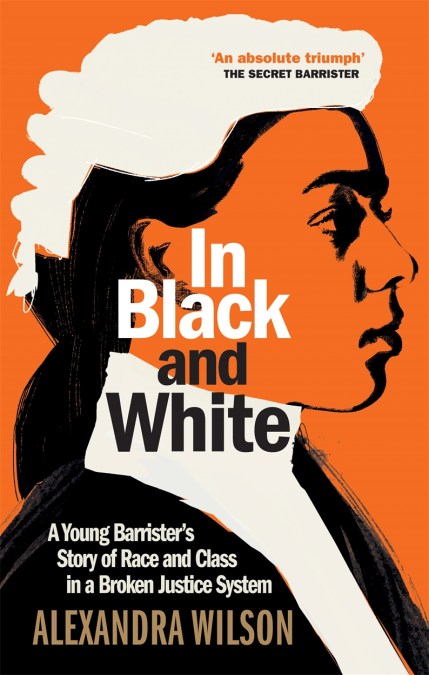Race-mixing and science in the United States
Endeavour
Volume 27, Number 4 (December 2003)
pages 166-170
DOI: 10.1016/j.endeavour.2003.08.007
Paul Farber, Distinguished Professor Emeritus of History
Oregon State University
Scientific racism was widely used as a justification to oppose race-mixing in the United States. Historians have justly criticized this abuse of science, but have overlooked some of the important ways in which science was used in the 1930s and 1940s to overturn scientific racism and opposition to race-mixing. Of particular importance was the cultural anthropology of Franz Boas and the evolutionary biology of Theodosius Dobzhansky, which supplied arguments against racism and fundamentally altered the scientific understanding of race.
The history of scientific racism provides a cautionary tale about the abuse of science by scientists and policy makers, and the ease with which cultural assumptions penetrate our picture of nature. It, therefore, serves as a paradigm case of the relationship of scientific ideas to their social context. Historians have generally castigated the scientists who used and abused their science to justify racist social policy. It would be a mistake, however, if in the discussion of scientific racism we lost sight of the role that science itself played in transforming modern notions of race and in combating racism. Although scholars have generated a vast and complex historical literature on racism and the use of science to legitimate it, they have not paid as much attention to the positive role science played. The history of ideas on race-mixing in the US provides a convenient lens through which to focus on some of the central ideas concerning race and racism, and it is a story that can help make clearer the role science had in influencing the discussion.
A young couple in the 1960s most likely would not have consulted a biology book to help decide if their different racial backgrounds posed an obstacle to getting married and raising a mixed-race family. But, this is not to say that what went for scientific opinion would have been irrelevant to their decision. In many subtle, and some not-so subtle, ways, scientific judgements influence individual choice, social acceptance and legal constraints. Before 1967, 17 states had anti-miscegenation laws that prohibited marriages involving individuals of certain different races, and an extensive body of literature justified those laws by reference to science. In the three decades before the 1967 US Supreme Court ruled in Loving versus Virginia that such laws were unconstitutional, a shift in thinking occurred in the US concerning inter-racial marriage. In part, that shift reflected a new social landscape altered by World War II, the Civil Rights Movement and the 1960s cultural upheaval. But science also played an important, if generally unrecognized, role in that transformation. In particular the work done in anthropology by Franz Boas and his students, and by Theodosius Dobzhansky and others in formulating the modern theory of evolution were central to the contributions made by scientists to the understanding of race and race-mixing…
Read the entire article here.
